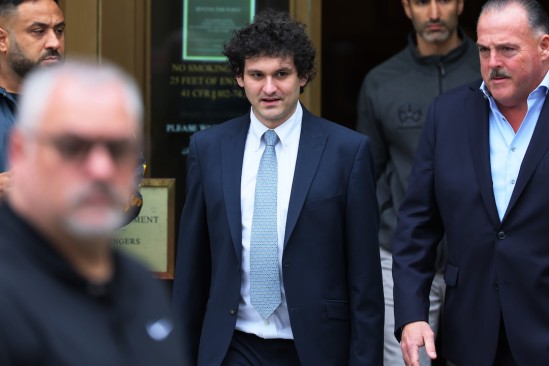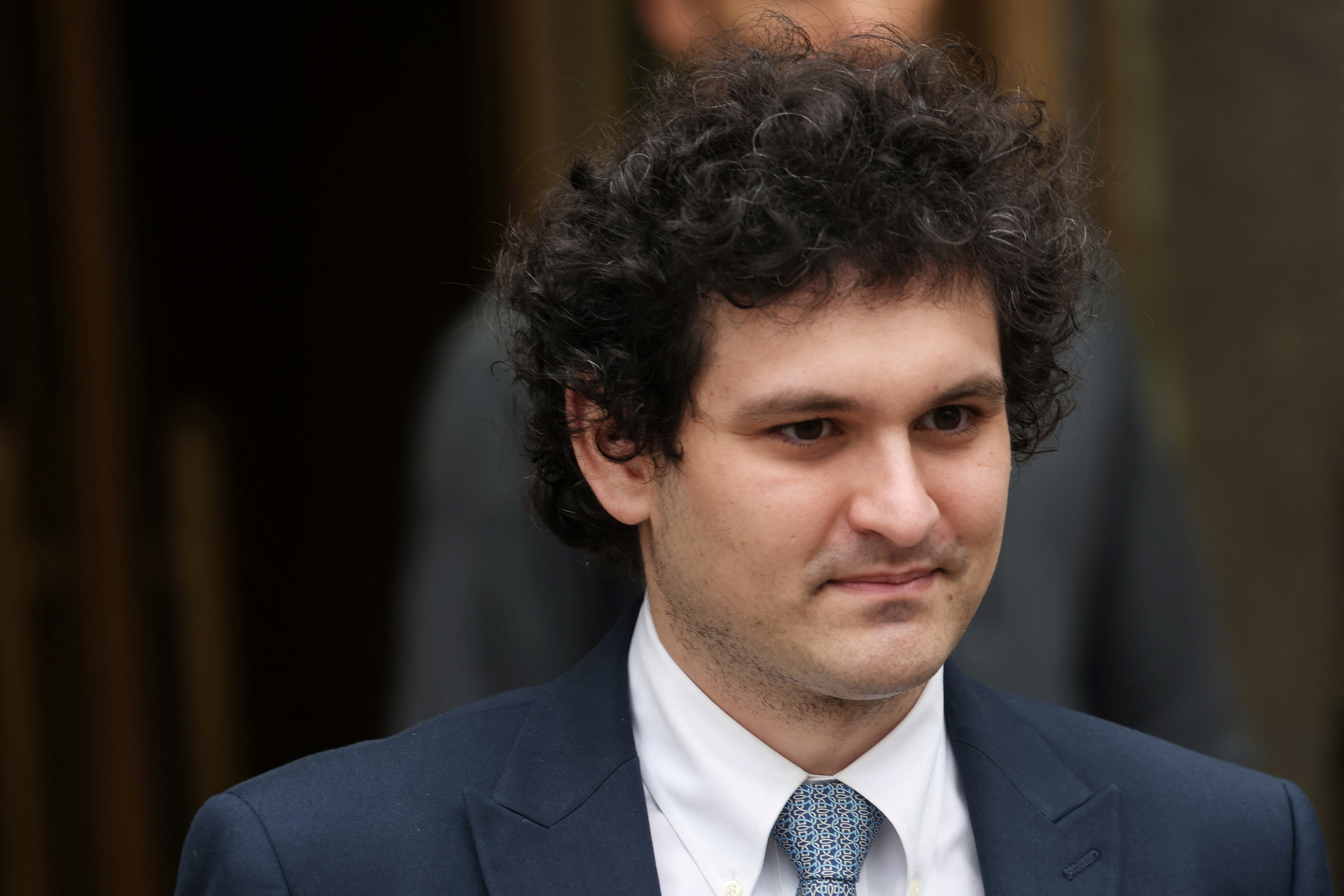Judge upholds charges against SBF

A criminal trial is next for Sam Bankman-Fried, founder of the now-bankrupt cryptocurrency exchange FTX. A federal judge denied Bankman-Fried’s bid Tuesday to have nearly all of the criminal charges against him thrown out, the Financial Times reports, which sets the stage for the 31-year-old entrepreneur’s trial Oct. 2. Charges against him include allegations of campaign finance violations and conspiracy to commit bank fraud, which are part of a U.S. government probe that widened from an initial eight counts late last year to 13 by March.
- Meanwhile, a report Monday from FTX’s new management claims more alleged misuse of customer funds under prior leadership: Around $8.7 billion of customer money was purportedly missing when the bankruptcy was filed.
By Todd Dybas, Editor at LinkedIn News
Bankman-Fried loses bid to toss criminal charges over FTX’s collapse

Indicted FTX founder Sam Bankman-Fried exits United States Court in New York City, New York, U.S., June 15, 2023. REUTERS/Mike Segar/File Photo
NEW YORK, June 27 (Reuters) – A federal judge on Tuesday rejected Sam Bankman-Fried’s bid to throw out most of the U.S. government’s criminal case accusing the FTX cryptocurrency exchange founder of orchestrating a multibillion-dollar fraud.
The decision by U.S. District Judge Lewis Kaplan in Manhattan paves the way for an Oct. 2 trial of Bankman-Fried, a 31-year-old former billionaire.
Prosecutors accused Bankman-Fried of stealing billions of dollars in FTX customer funds to plug losses at his Alameda Research hedge fund.
They also accused Bankman-Fried of misleading investors and lenders, and contributing illegally to U.S. political campaigns in the names of colleagues.
Bankman-Fried has pleaded not guilty and denied stealing funds, while acknowledging that FTX had inadequate risk management.
Bankman-Fried in May asked Kaplan to dismiss at least 11 of the 13 fraud and conspiracy charges he faced.
Bankman-Fried said some charges relied on a fraud theory — where a defendant could be convicted for depriving someone of economically valuable information and not just tangible property — the U.S. Supreme Court last month deemed invalid.
But the judge agreed with prosecutors that the theory, known as right to control, did not apply to Bankman-Fried.
“The defendant’s assertion that the indictment does not allege any ‘economic loss’ to FTX customers appears to be factually incorrect,” and the alleged misappropriated funds clearly constituted property, Kaplan wrote.
A spokesman for Bankman-Fried declined to comment.
Bankman-Fried also argued that some charges were improperly brought without consent from the Bahamas, where he was arrested in December and extradited to the United States.
An extradition treaty between the United States and the Bahamas, where FTX was based, says a country must consent before defendants can be tried on charges brought after their extradition.
Kaplan this month said a second trial will be held March 11 on the five charges prosecutors brought against Bankman-Fried after his extradition.
Prosecutors said they asked the Bahamas to agree to those charges, which include conspiracy to bribe Chinese officials and commit bank fraud, but did not know when the Caribbean country would grant its consent.





